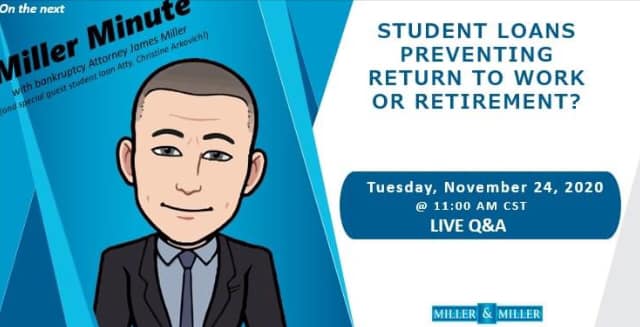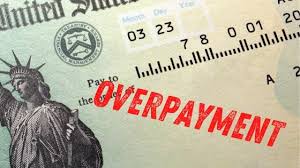Despite Secretary DeVos summarily denying virtually every Borrower Defense to Repayment application that was ever filed under her watch, don’t give up hope!
The Judge in Sweet v. DeVos just ruled that Secretary DeVos must give prior notice to the Court before denying any more borrower defense claims from student loan borrowers cheated by their school. The court had threatened to enjoin the agency from issuing borrower defense denials, which prompted the Department of Education to stop voluntarily.
Now that the the tide of denials has stopped, the key is whether the Judge will vacate the tens of thousands of denials that were sent to 94% of borrower defense applicants since June 2019. The class members have asked the Judge for an injunction and to vacate the prior denials – and is taking depositions now of officials with the Department of Education.
 Reboot Your Life: Tampa Student Loan and Bankruptcy Attorney Blog
Reboot Your Life: Tampa Student Loan and Bankruptcy Attorney Blog





